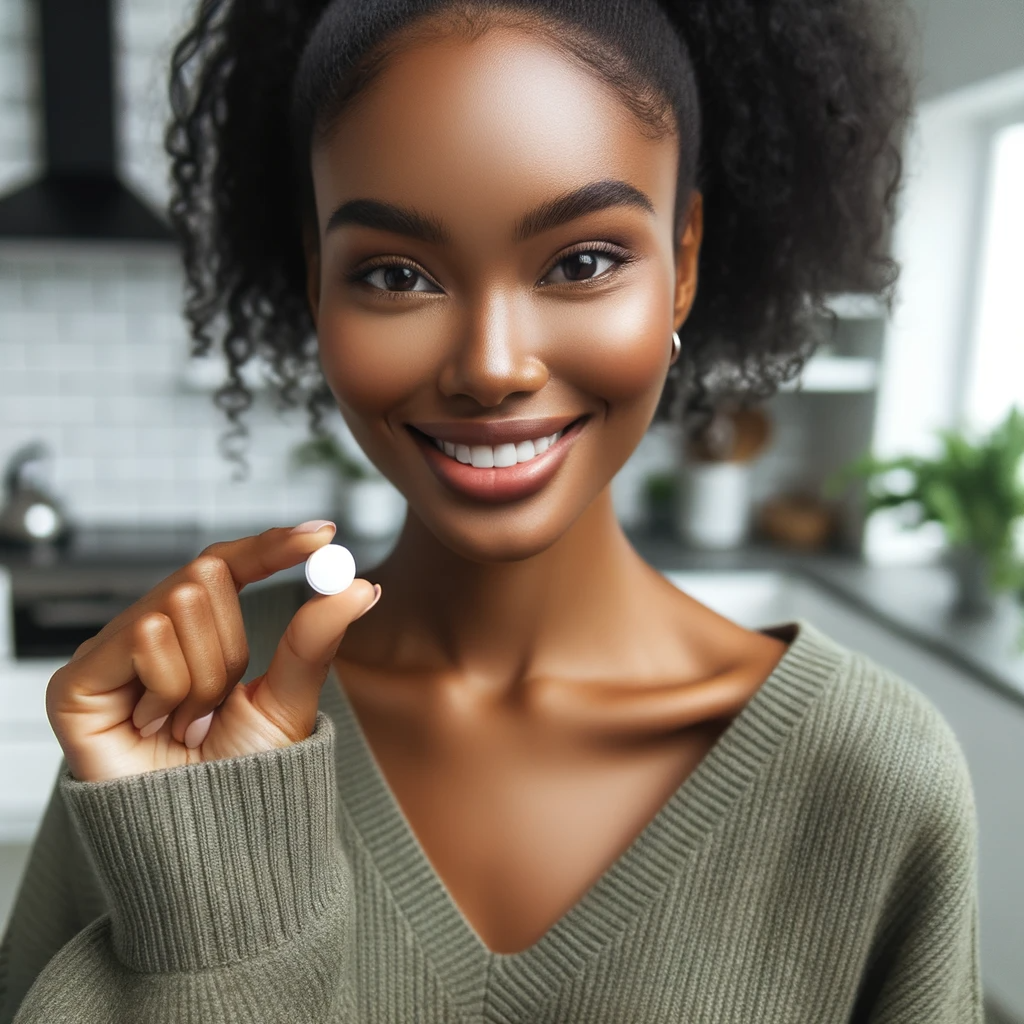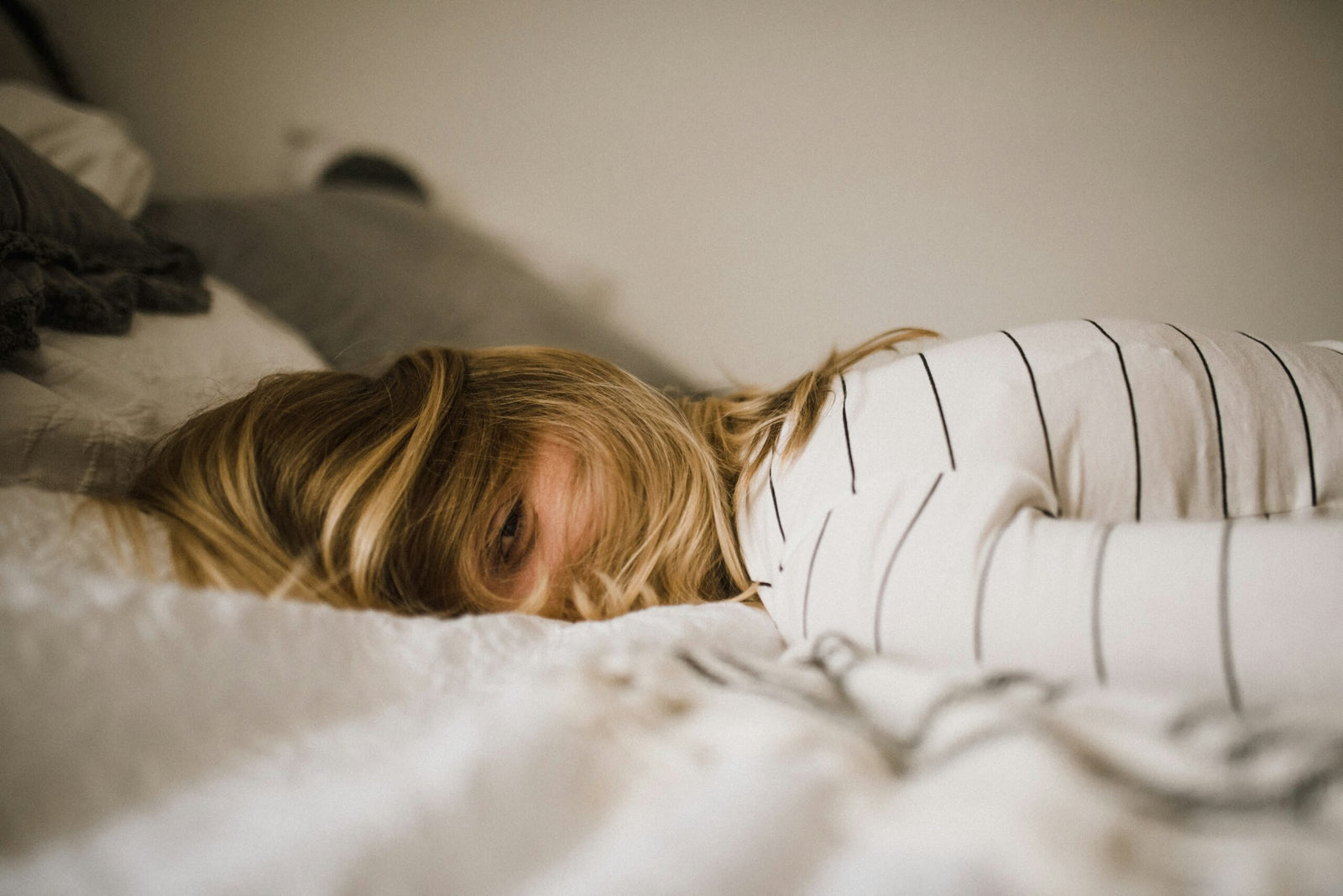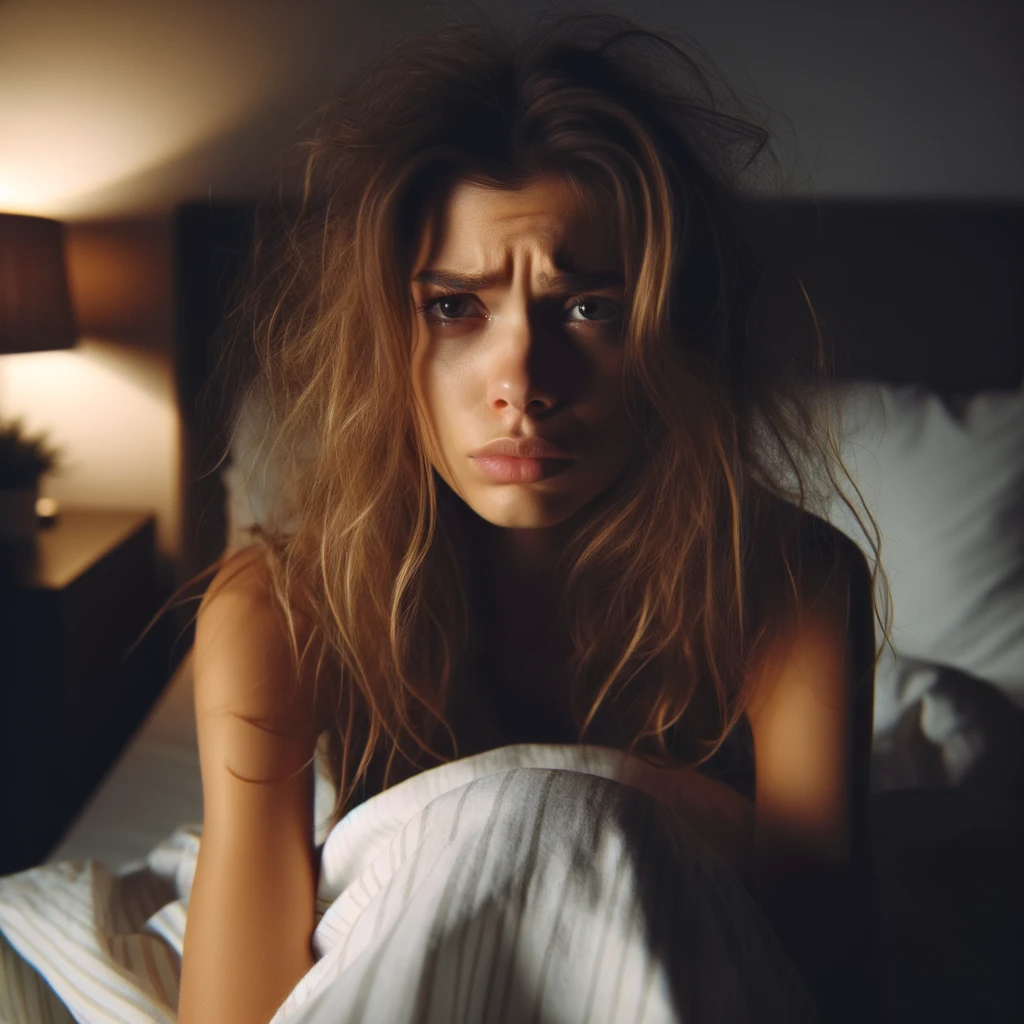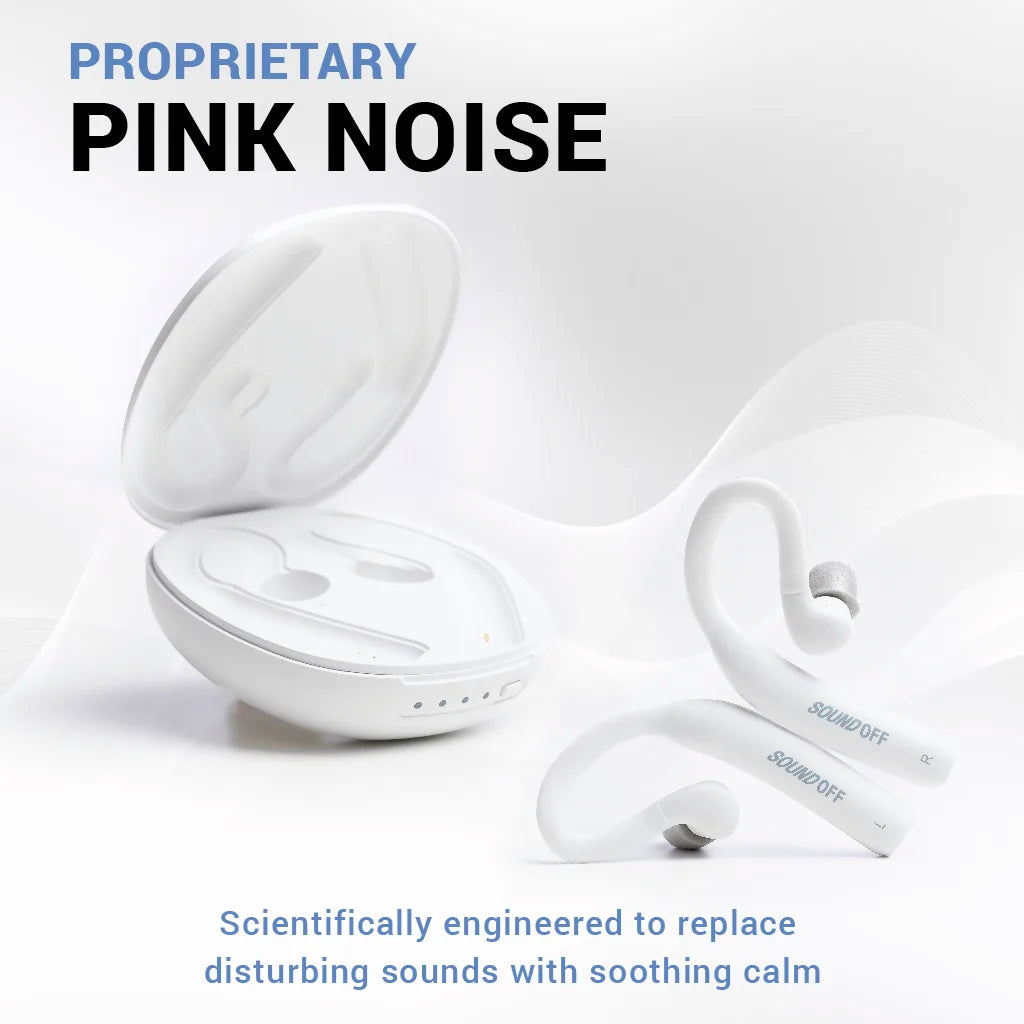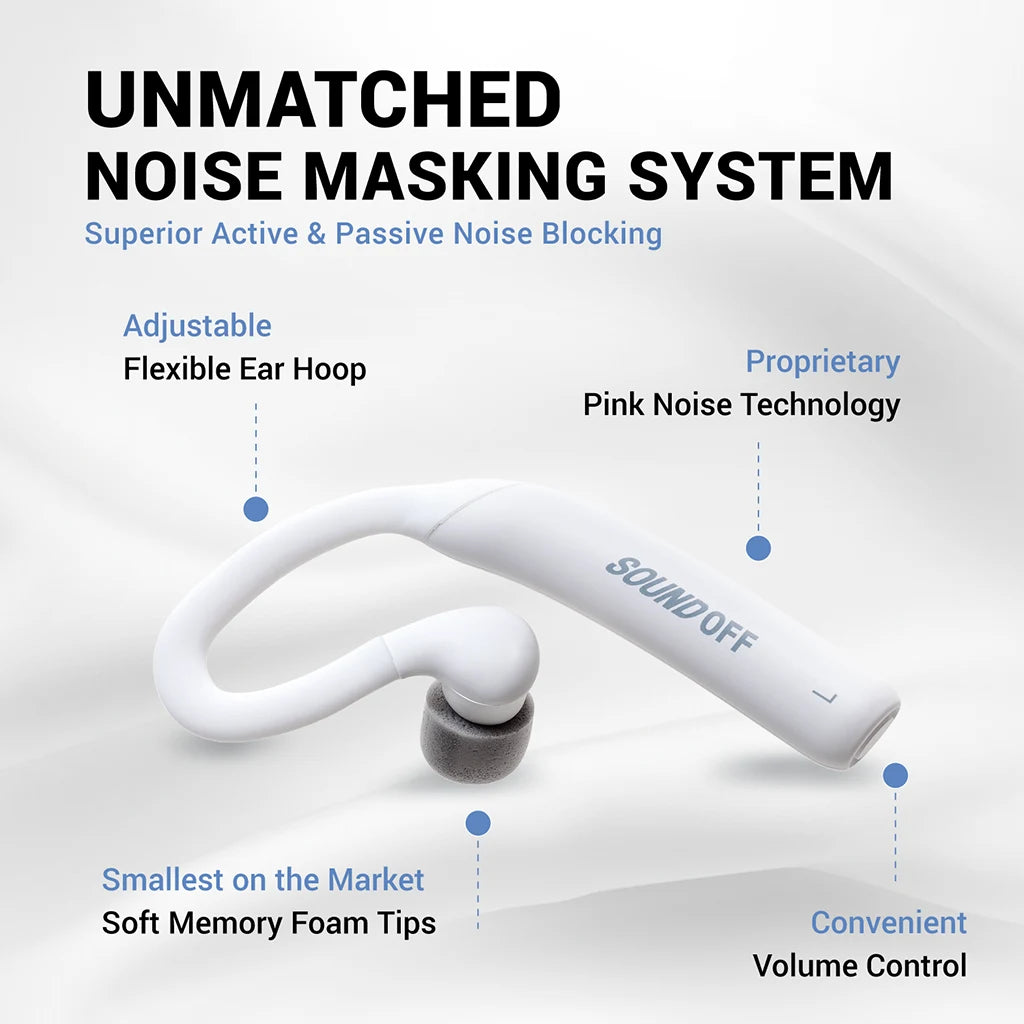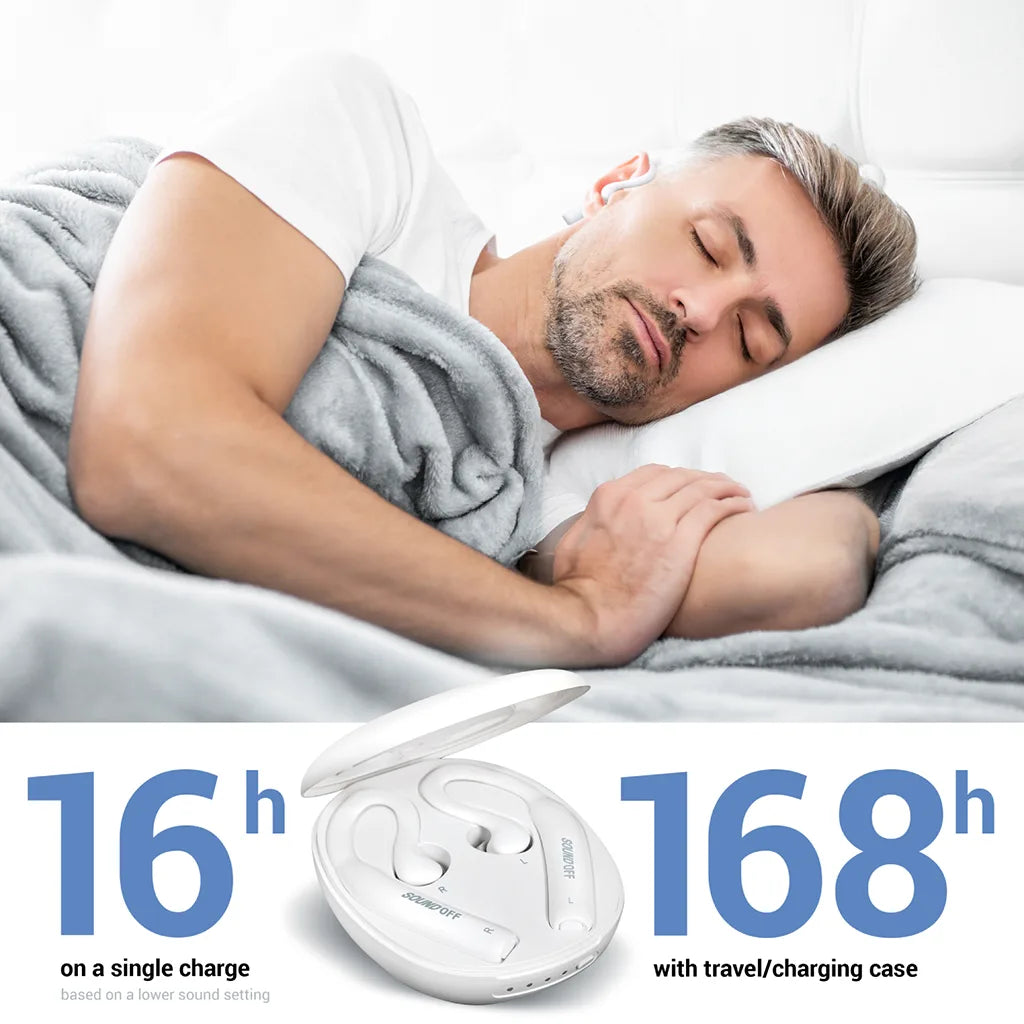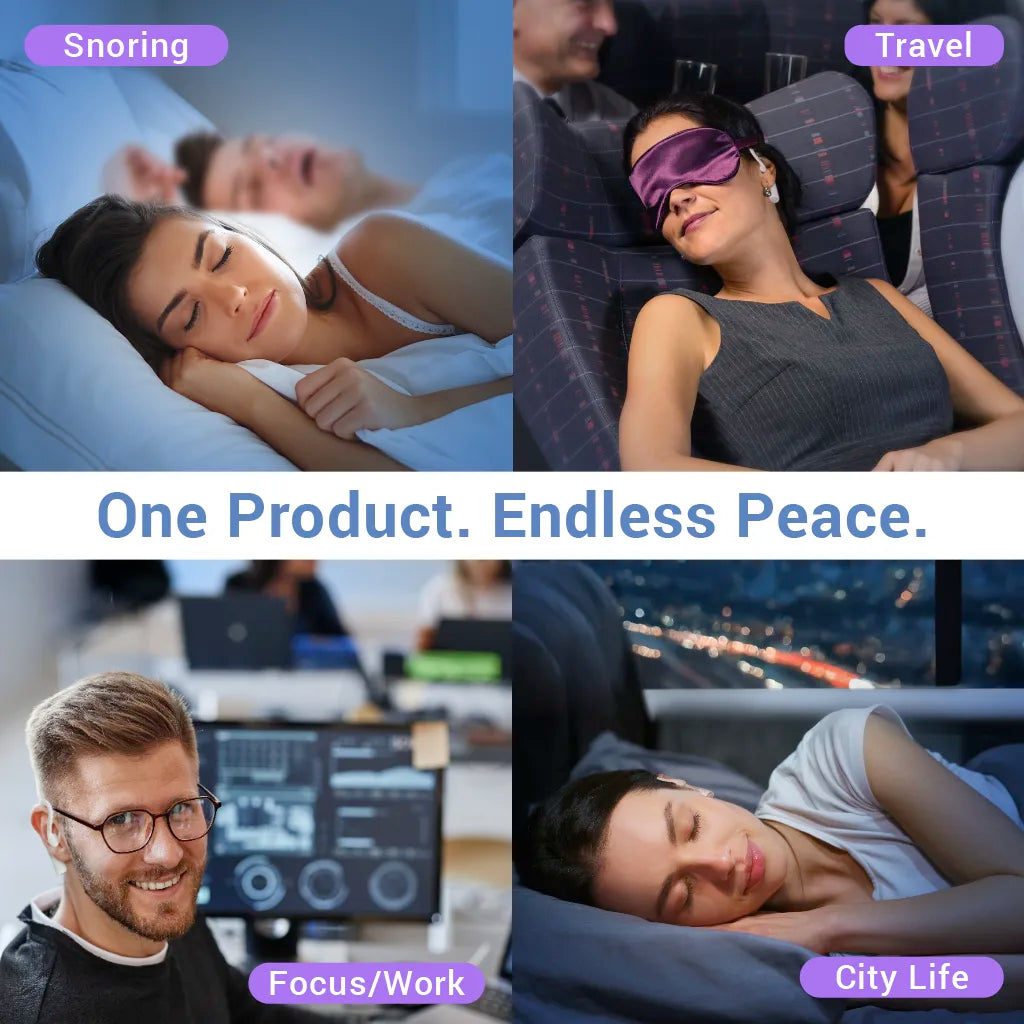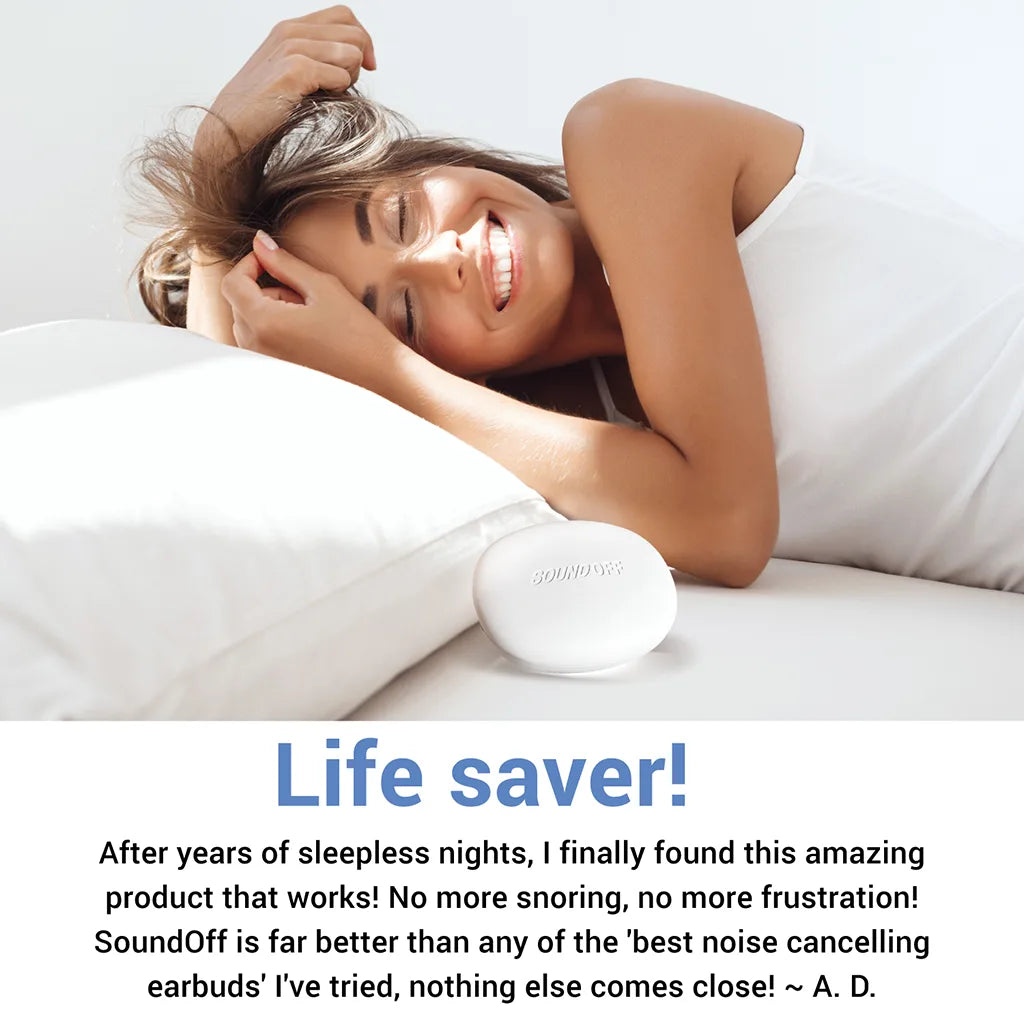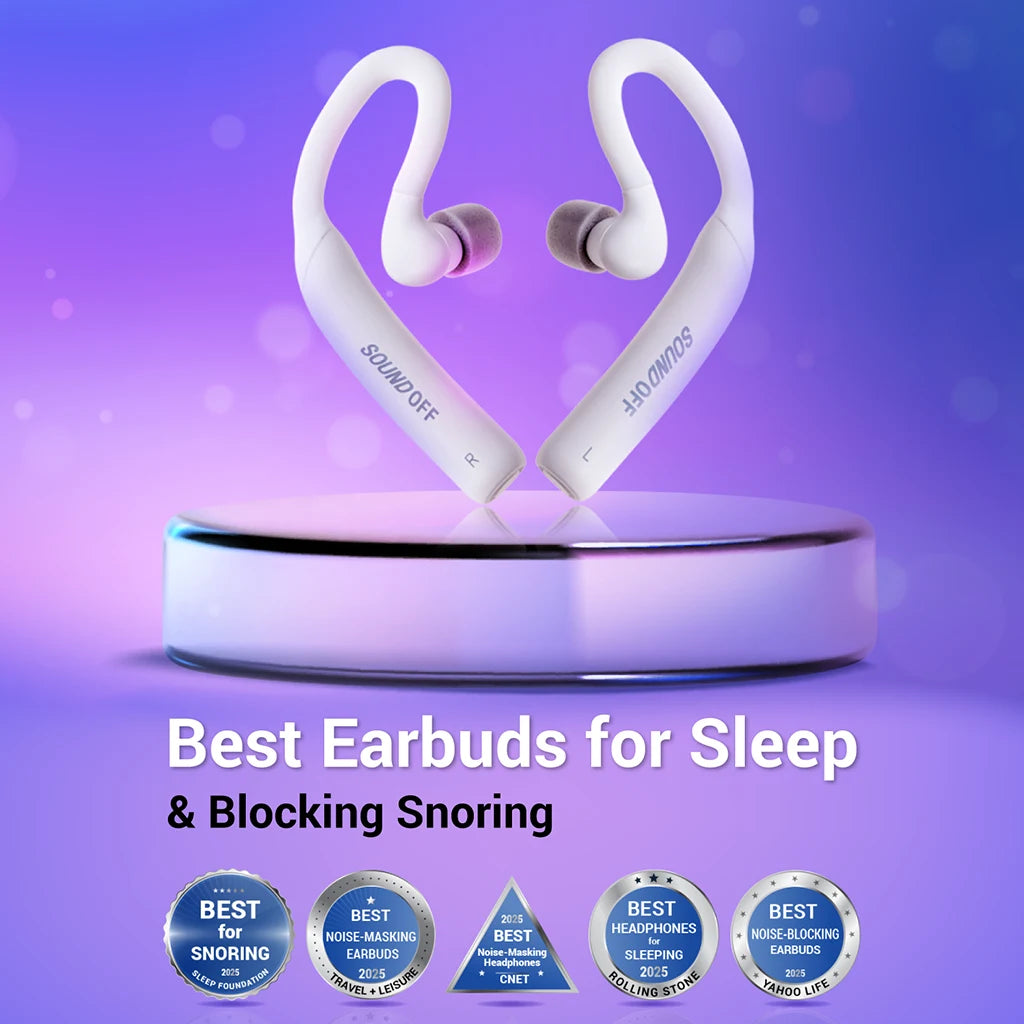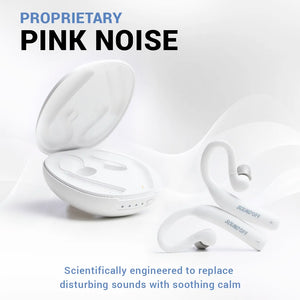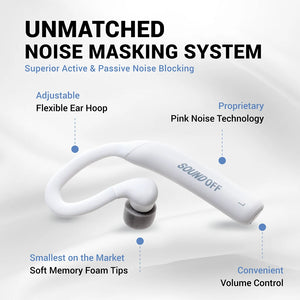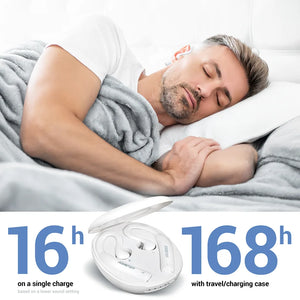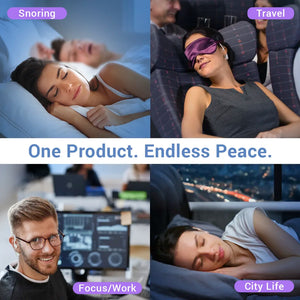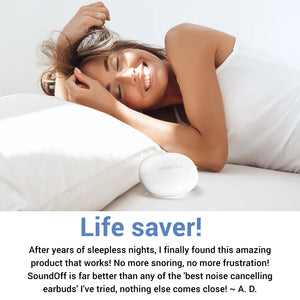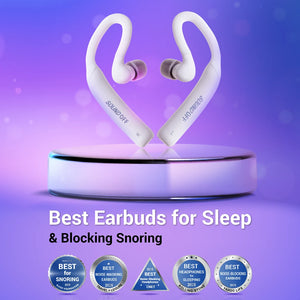
NAPPING - The Pros and Cons of daytime sleep
Why do we keep experiencing energy dips in the afternoon? It's our body's way of telling us we need to shut down for a time to replenish our energy stores. Done right, napping provides a physical and mental boost–it helps us bounce back quickly and get more done. If you nap for too long or at the wrong time, however, you may just end up even more tired. So, let's take a deeper look at napping--the pros and cons—the why, and when, you should... or shouldn't... take a nap...
Depending on our personal chronobiology, we typically experience these energy dips, or crashes, between the hours of 1:00 pm and 3:00 pm. It's the way our bodies are programmed but it's not always convenient when it comes to our schedules. Nor do all employers embrace daytime napping—which affects many of us. 80% of workers report their employers do not allow naps. (That said, research out of Cornell University shows 40% of the workforce manages to take work naps on the sly.)
Who's napping now?
- One third of US Adults nap daily.
- Men take naps more regularly than women.
- People who lose sleep at night nap more.
- Seniors nap more often than younger adults.
Do You need to nap?
Whether or not napping is for You is dependent on some personal factors. These include your age, sleep drive, and sleeping pattern. Your Chronotype is significant here. If you’ve followed our chronotype blog series, you know we are all genetically pre-disposed to perform certain tasks most efficiently at specific times during a 24-hour cycle. Napping is no exception.
As Sleep specialist Dr. Michael Breus, PhD, explains in his book The Power of When, our alertness fluctuates during the day—peaking at specific times for each chronotype.
“If we grab 40 winks, we work, think, and feel better,”
- Michael Breus, PhD - the Sleep Doctor
“When” you nap determines the nap benefit…
Dr. Breus calculated ideal naptimes for the different archetypes based on The Nap Wheel created by Dr. Sara Mednick, PhD. The ultimate naptimes for the individual chronotypes are as follows…
- Lion: With a wake time of 6:00 am, your best naptime is 1:30 pm
- Dolphin: Sorry, Dolphins, naps do you more harm than good
- Bear: With a wake time of 7:00 am, take your nap at 2:00 pm
- Wolf: Naps aren’t recommended if you want to fall asleep by midnight. That said, if you really need it, for a wake time of 7:30 am, your ultimate naptime is 2:15 pm.
Dr. Breus also points out how timing affects your nap benefit…
According to Dr. Mednick, an ideal naptime should occur approximately 7 hours post-wake-up. This strikes a perfect balance between slow wave sleep and REM sleep—it refreshes your mind, and you don’t wake up feeling too groggy. Here’s how your nap benefit changes when your naptime begins before or after the ideal 7-hour post-wake-up time…
- If your nap begins less than 7 hours post-wake-up, you will experience heavier REM sleep, which has the benefit of boosting creativity.
- If it begins more than 7 hours post—wake-up, you’ll have more slow wave sleep which will be more physically restorative for you.
Don’t feel guilty for taking a nap when you need one.A quick afternoon nap improves productivity—you’ll be more alert, feel less stressed—and interact better with others.
Start feeling better and getting more done!
One of the biggest “Pros” of napping?
You can feel so much more alert and energetic after taking just a brief nap!

Even just a 10-minute nap can lift your mood and energy levels so you can focus better and be more productive.
Napping "Con" #1
What's considered the biggest "con" when it comes to napping during the day?
Trouble falling asleep at your normal bedtime? If you’re a regular napper, your daytime napping habits may be interfering with your ability to nod off at night.

Excessive sleep during the day can interfere with your ability to sleep at night. You may find it difficult to fall asleep, and/or stay asleep. In fact, instructing people with sleep disorders, like Insomnia, to avoid napping is standard practice at sleep disorder clinics.
Why daytime napping interferes with nighttime sleep...
While some folks experience more cons than pros when it comes to napping, the Mayo Clinic asserts most people's sleep is not negatively affected by short daytime naps. This is not the case, however, for those with insomnia or just poor sleep quality. In these instances, one may find symptoms get worse—even when they have kept their naps short.
Taking frequent daytime naps—or regularly taking long naps—will almost certainly make it harder for any of us to get the quality sleep we need at night.
Why do we nap more as we age?
Older adults take more daytime naps due to age-related changes in their circadian rhythms and sleep patterns. Chronic health conditions, medications, and changes in lifestyle may also lead to more daytime napping.
Healthy Seniors get a brain boost from napping...
Results of a 2021 study published online by General Psychiatry indicate the benefits of afternoon napping for Seniors go beyond energizing the body to also boosting cognitive function. Among the 2,214 study participants aged 60 and up, two-thirds took short naps after lunch and one-third did not. All were tested to measure various mental skills, including attention, calculation, memory, and orientation. And all were asked about their napping habits including how long, and how often, they napped each week. Here's how the two groups compared...
Nappers scored higher on cognitive tests than their counterparts--but results showed nap duration was a factor. The most beneficial results were seen with shorter and less frequent naps--fewer than 30 minutes and no more than four times per week. Higher scores were also seen when participants deliberately napped at consistent times instead of just dozing when they felt tired.
Best plan for napping Seniors?
- Make sure your napping space is comfortable.
- Schedule your naps for early afternoon—same time each day.
- Set a timer to keep your naps under 30 minutes.
- Nap several times per week rather than every day.

Some studies have concluded that sleeping frequently for longer periods of time may be cause for concern in the Senior population.
While they don't suggest it causes cognitive decline, they do believe it indicates that extended napping periods may be an early sign of accelerated aging.
How to avoid the “cons” of napping
Among napping's pros and cons, we find "the cons" are most prevalent when we don’t manage the timing and duration of our naps correctly. In other words, we’re not taking the naps at the right time of day—or we’re not taking them for the right duration.
Specifically, we want to avoid waking while we’re in delta wave sleep. Here are your two best options to avoid extreme grogginess following your nap:
- End the nap prior to entering deep sleep. This means keeping your nap under 15 minutes. It will help you stay alert and energized for several hours.
- Nap for 90 minutes. This allows you to cycle back to light wave sleep and will keep you sharp for the rest of the day.
Here’s another important fact about napping too long…
Post-nap fog from a too-long nap can last from 5 minutes to a couple of hours. It’s called sleep inertia and it can leave you mentally compromised. And not only will you be mentally unfit to perform tasks well—and safely—but you may also not realize you aren’t operating at 100%. The inability to concentrate and make good judgments during this time can lead to performance mistakes or job accidents.
Napping—more Pros than Cons
Napping is, overall, a good thing. It allows most of us to reach a rejuvenated state in a short span of time so we can feel better and get what we need to do done. Let’s take a closer look at some of the benefits of napping…
7 Napping “Pros”
1.—Napping limits the side effects of temporary sleep deprivation—a quick nap is restorative if you missed out on sleep the night before.
2.—A quick nap can improve memory function and job performance—correct afternoon energy dips with a brief nap.
3.—Naps relieve stress carried in your body from the day’s challenges—they help keep pain, fatigue, and anxiety at bay.
4.—A nap can make you more creative—naps with REM sleep help you combine ideas in new ways to solve problems.
5.—Naps help your heart—a 45–60-minute nap helps lower blood pressure following a stressful situation.
6.—Naps provide a safety precaution—quick naps stave off fatigue, lack-of-focus, and clumsiness caused by sleep loss.
7.—Napscan improve night sleep for older adults—a 30-minute nap between 1 pm and 3 pm, combined with moderate exercise, helps improve nighttime sleep for Seniors.
When napping may not be the best idea
Despite the rejuvenating benefits most of us receive from afternoon shuteye, napping is unfortunately not for everyone. People who experience the following issues are probably better off not napping…
- Those who suffer from Insomnia—some who struggle to fall asleep at night, do so because of their daytime napping habits. Long daytime naps can alter your circadian rhythms which lowers your sleep drive and keeps you awake at bedtime.
- People who have OSA (obstructive sleep apnea) or other untreated sleep disorders—sleep disorders are not cured by napping but happily, once the disorder is treated, daytime sleepiness should no longer be a problem.
Diabetics and pre-diabetics—the University of Tokyo has linked long naps to a 45% increase in the incidence of Type 2 Diabetes when naps lasted a minimum of 60-minutes.
Dr. Sara Mednick has found an afternoon nap is approximately equal to a shot of caffeine for perceptual learning—but in other ways, a midday nap might be more effective…
Caffeine improves alertness and focus, but naps also enhance those abilities—while additionally boosting some forms of memory consolidation. Just one more nap "pro."
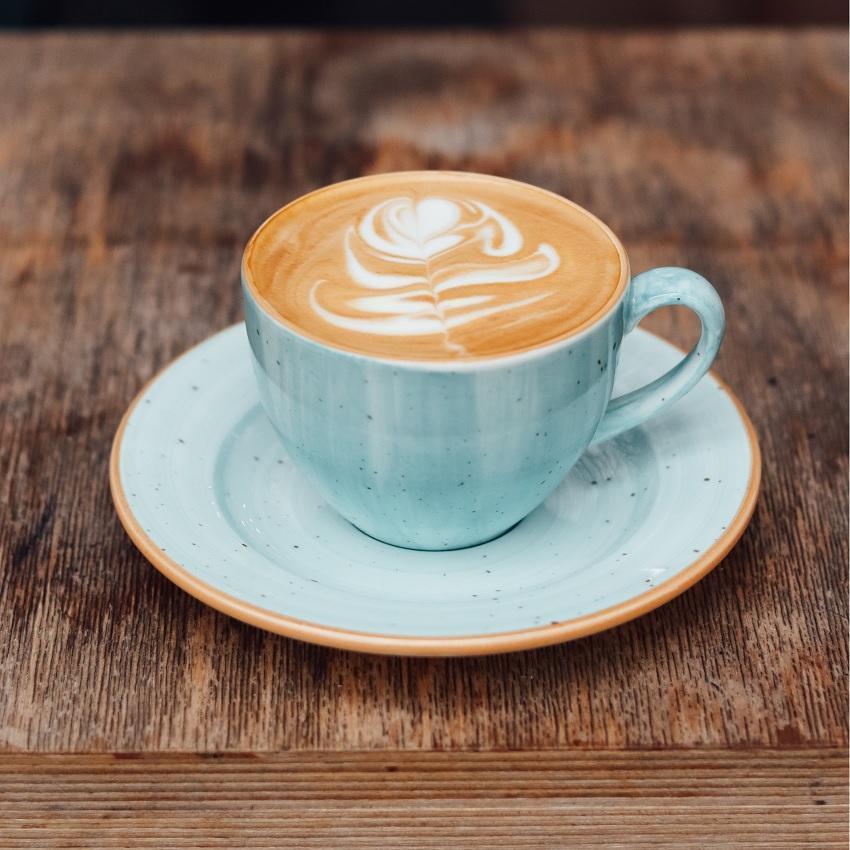
Napping Alternatives
Taking a nap has been shown to be more effective than caffeine to beat daytime sleepiness. One British study showed napping is even more effective than getting extra nighttime sleep. Napping also benefits focus, productivity, and mood. But unfortunately for many of us, napping isn’t always an option.
When you can’t nap—or napping isn’t recommended for you, here are some alternatives:
- Stretch out and relax!Lift your mood by resting for an hour without falling asleep. Experts say the relaxation you receive from lying down and resting boosts your mood—regardless of whether you fall asleep or not.
- Rest your eyes.Staring at our screens all day creates a strain on our eyes and can make us feel fatigued before our day is half over. Take periodic breaks during the day to rest your eyes. *Avoid moving from one blue light device to another—try looking at something more natural like a vase of flowers.
- Move your body.Raise your heart rate and get your blood and oxygen circulating through your muscles and brain. Something as easy as a short walk will help energize you physically and mentally.
- Avoid boredom. Monotonous tasks are fatiguing—find ways to stimulate your brain so you feel less tired—switch tasks if possible.
From quickie naps to long naps...
The Coffee Nap
In an interesting twist, Dr Breus has a suggestion for combining coffee with napping—-which he calls the "Nap-a-latte"...
Why does the Sleep Doctor recommend a pre-nap cup of coffee when you only have time for a quickie-nap?
It's because coffee doesn't affect your system until 20 minutes after it's consumed. If you drink a cup just prior to starting your nap, you'll wake up when the caffeine and adrenalin hit your bloodstream. This method can help keep you sharp for up to four hours.
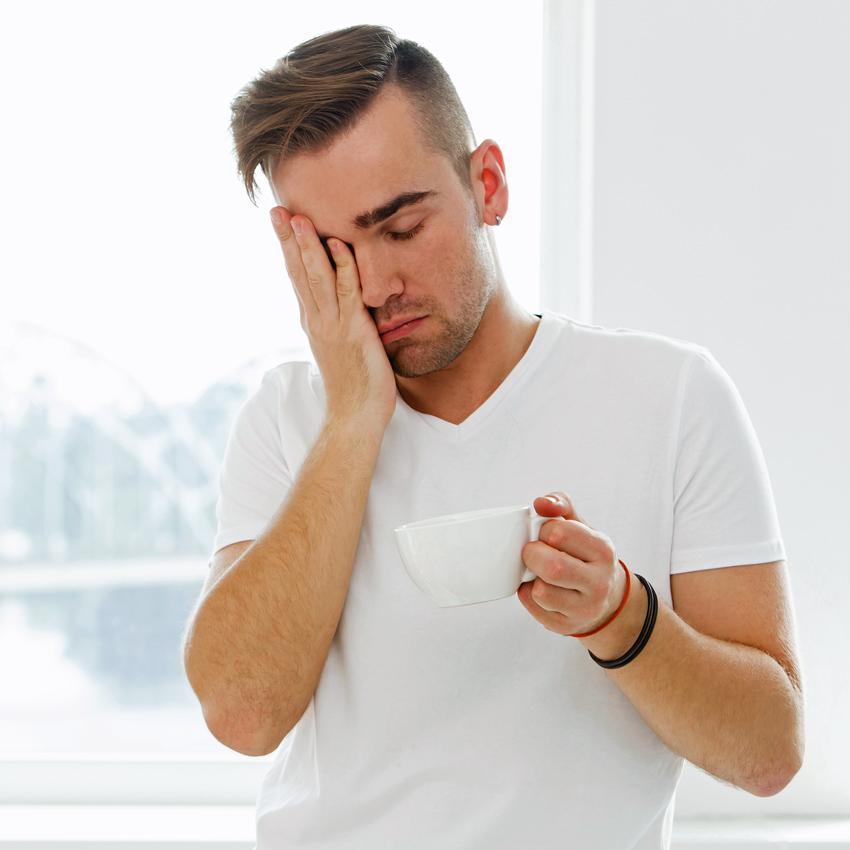
Coffee and a nap? Do it right and it can help you stay alert longer than a nap alone!
When's the best time for a 90-minute nap?
Prepare yourself to last through the occasional special event with what Dr. Breus calls a "Disco Nap."Once you've recovered from any sleep inertia, you'll feel rejuvenated and ready to party ‘til the cows come home!
Caveat: Staying up too late just one night can throw your sleep pattern out of whack for days. Limit the negative effects of your late nights by setting your alarm to get up at your regular wake timethe next morning. Surviving on only a couple hours of sleep for one day is better than a week of fatigue, irritability, and poor mood.
Make the most of your naptime!
Remember to follow these basic tips to get the greatest benefits from your naps…
- Keep them brief—10-20 minutes—napping longer can leave you feeling groggy when you wake up.
- Nap at the right time. Early afternoon is best—no napping after 3:00 pm to avoid disrupted sleep at nighttime.
- Allow yourself some re-orientation time before resuming activities that require quick thinking or strong focus.
The right environment matters—make sure you choose a restful space conducive to sleeping for your naps.
Comfort is important no matter what time you’re trying to sleep. Follow the same sleep hygiene rules you use at night—including good bedding, low light, and the right room temperature.
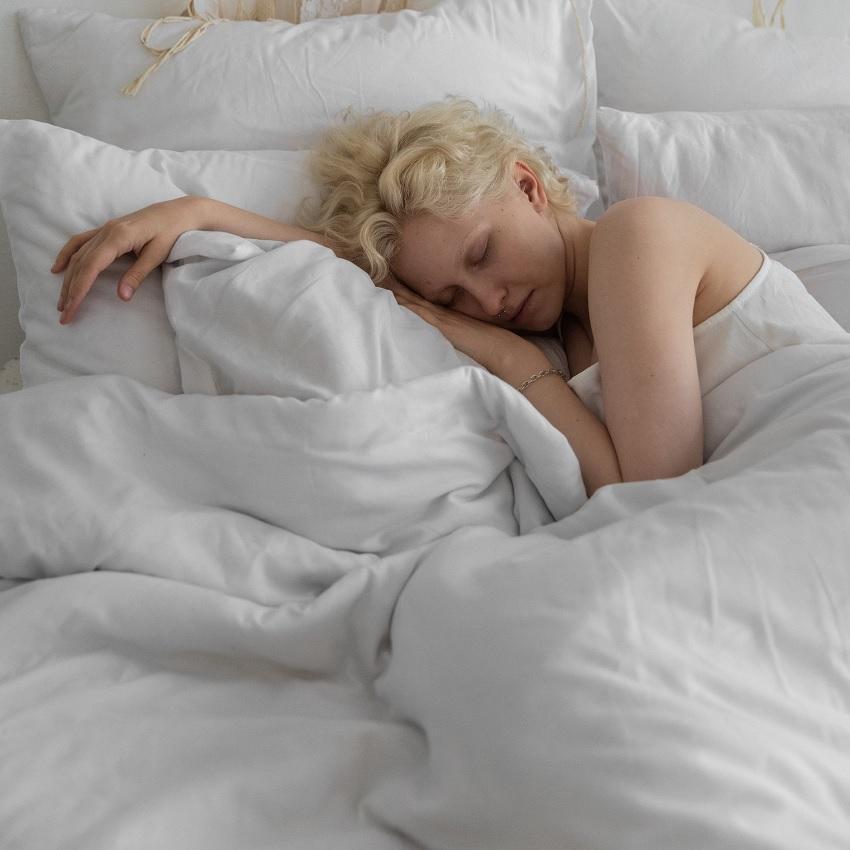
Taking long naps daily?
Long naps taken regularly may be cause for concern. A study of more than 300,000 people found a link between taking long daytime naps and developing metabolic syndromes including obesity, high blood pressure and high cholesterol.
If you find naps are increasingly necessary and there's no obvious reason for the sudden fatigue, talk with your doctor. A medication you're taking, a sleep disorder—or other medical condition may be disrupting your sleep at night.
How to limit the need for naps…
Wouldn’t it be great if you got enough sleep every night and didn’t need to nap during the day? Many things can prevent a good night’s sleep. Two of them are noise distractions and anxiety.
If your sleep is disrupted due to a snoring partner or a noisy neighborhood—or you just can’t relax and fall asleep due to the worrisome chatter in your head, give our sleep earbuds a try! They’ll block any bothersome sounds and soothe you to sleep with calming pink noise.
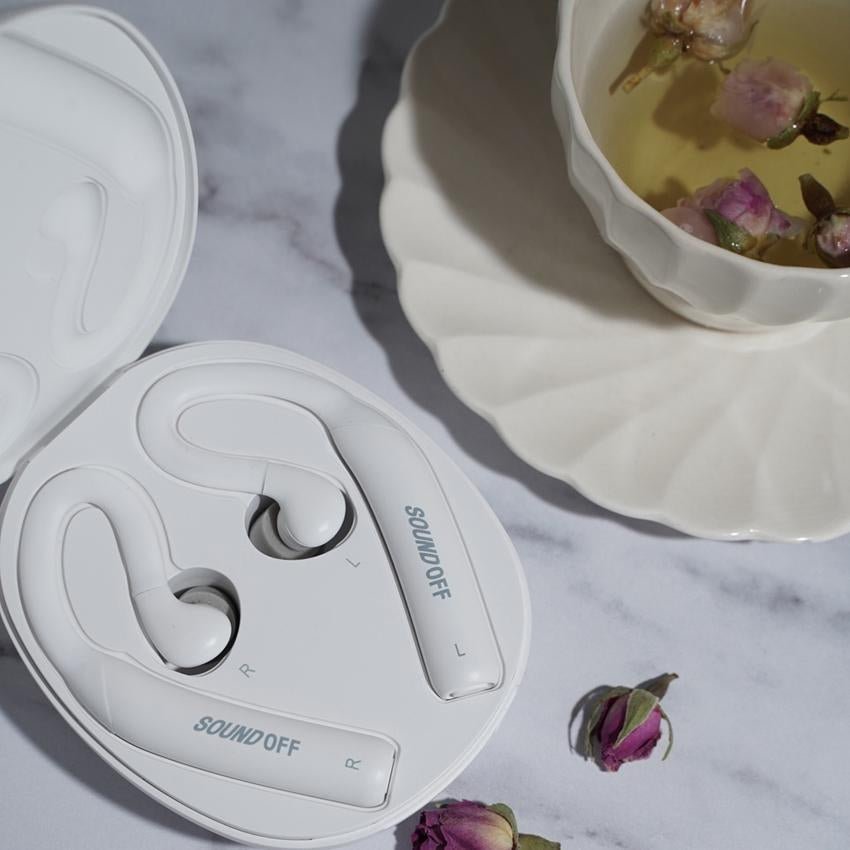
Fall asleep faster and stay asleep longer with SoundOff pink noise earbuds.
SoundOff blocks out disruptive noises and calms anxious minds so you can sleep peacefully throughout the night.
Wishing you peaceful, restorative sleep—all night, every night!
Until next time…


